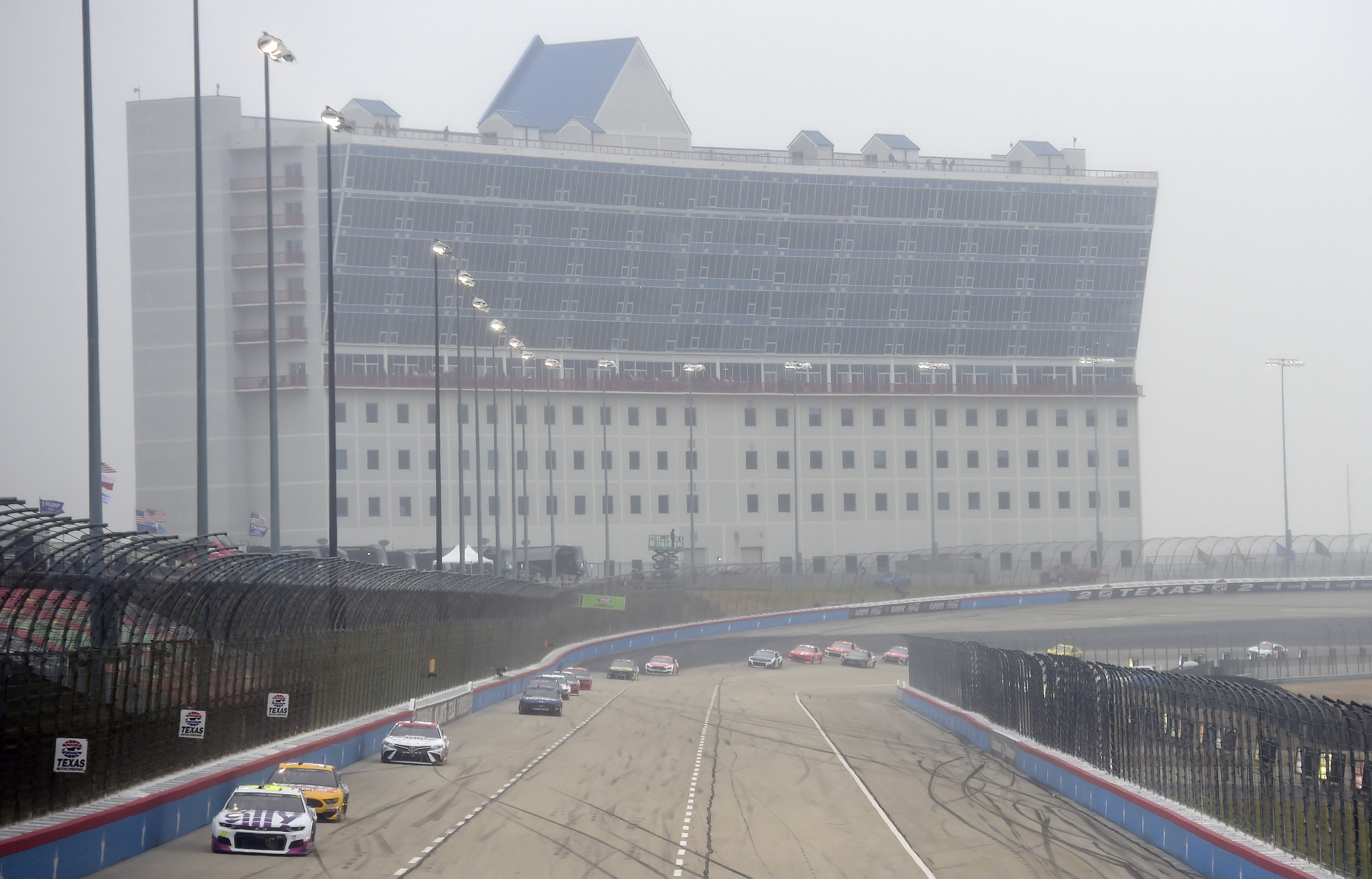“The explosion broke my heart. I was just devastated. I was traumatized, but honestly, all of us in Lebanon are traumatized,” Nazer, 33, told CNN.
Like many residents, she joined efforts to clean debris and restore the city to its former glory. That’s when she got the idea to use some of what she found to create a statue that could inspire her people to unite and rebuild.
“When I’m feeling that way I just try to help, and fix and heal through art, so this is my way of accepting reality and trying to build my people back up,” she said.
For weeks, Nazer walked the streets of Beirut, collecting twisted metal, broken glass and people’s discarded belongings to use in the sculpture.
“I traveled to people’s homes after they were destroyed by the explosion and told them, ‘I just want you to give me anything I can include to make you a part of my sculpture,'” Nazer said.
“I was shocked. People gave me such valuable things — things from their childhood, their grandparents who died in the civil war, things they wanted to save for their children. So many emotions went into this.”
For Nazer, the process was cathartic. But it wasn’t the first time she had created a work of art inspired by Lebanon’s social and political troubles.
“I suddenly started feeling the need to paint,” Nazer said. “It was a need that I couldn’t stop. I had to quit my job because I felt like I just couldn’t make the change I want to see in the world without focusing on my art.”
Her works include other found object sculptures, as well as graffiti and paintings on canvas.
She fears the same fate will befall her latest work, the sculpted woman.
“After an explosion, you can build back homes and buildings, but what you can’t bring back are memories. And throughout Lebanon’s history, our government removes anything that reminds us of what has been done to us,” Nazer said.
“That’s what makes this project so special. It’s fighting. We’re raising our voices through art. We’re telling our own stories.”









